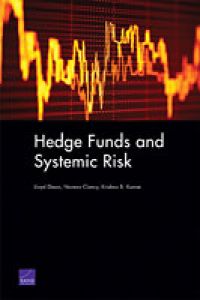
Recommendation
Investors, analysts and other market observers often point to hedge fund managers as market mavericks with little regard for the overall health of the financial system. However, while short selling, leverage and other common hedge fund practices may have contributed to the collapse of Long-Term Capital Management (LTCM) in 1998 and to the financial crisis 10 years later, missteps by banks, credit rating agencies and other market participants appear to have played a far greater role. Recent regulatory reform seeks to impose greater oversight on certain hedge fund practices that may add systemic risk to the financial system, but hedge funds’ lack of transparency makes that oversight difficult. This RAND Corporation report draws from interviews with hedge fund managers, industry attorneys, regulators and independent researchers to highlight the part that hedge funds played in the financial crisis and to discuss the potential pitfalls of federal regulators’ direct supervision of hedge funds. getAbstract finds that this paper’s observations provide a refreshing break from the simplistic hedge fund bashing that usually makes headlines. It offers a more nuanced and balanced view of these still-secretive but highly influential financial entities.
Summary
About the Authors
Lloyd Dixon and Krishna B. Kumar are senior economists at the RAND Corporation, where Noreen Clancy is a senior project associate and environmental scientist.









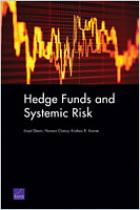
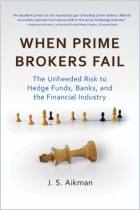
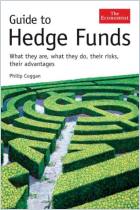
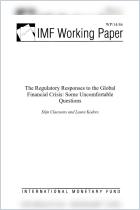









Comment on this summary